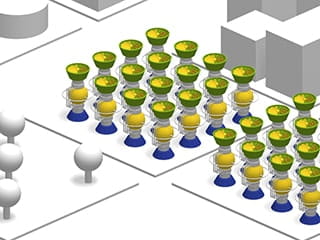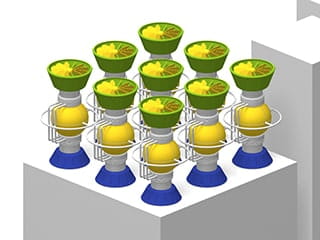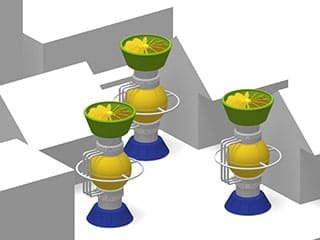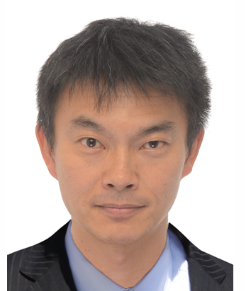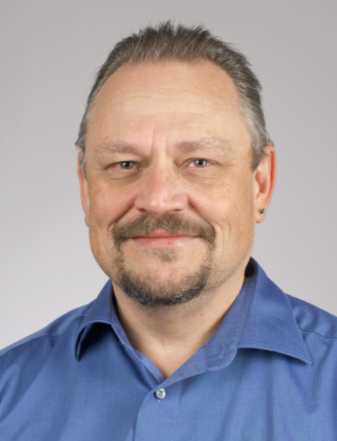Topics
-
2025/07/15
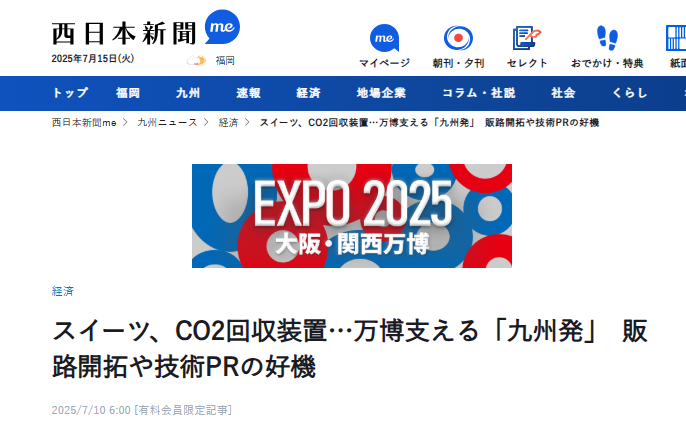
-
2025/05/15
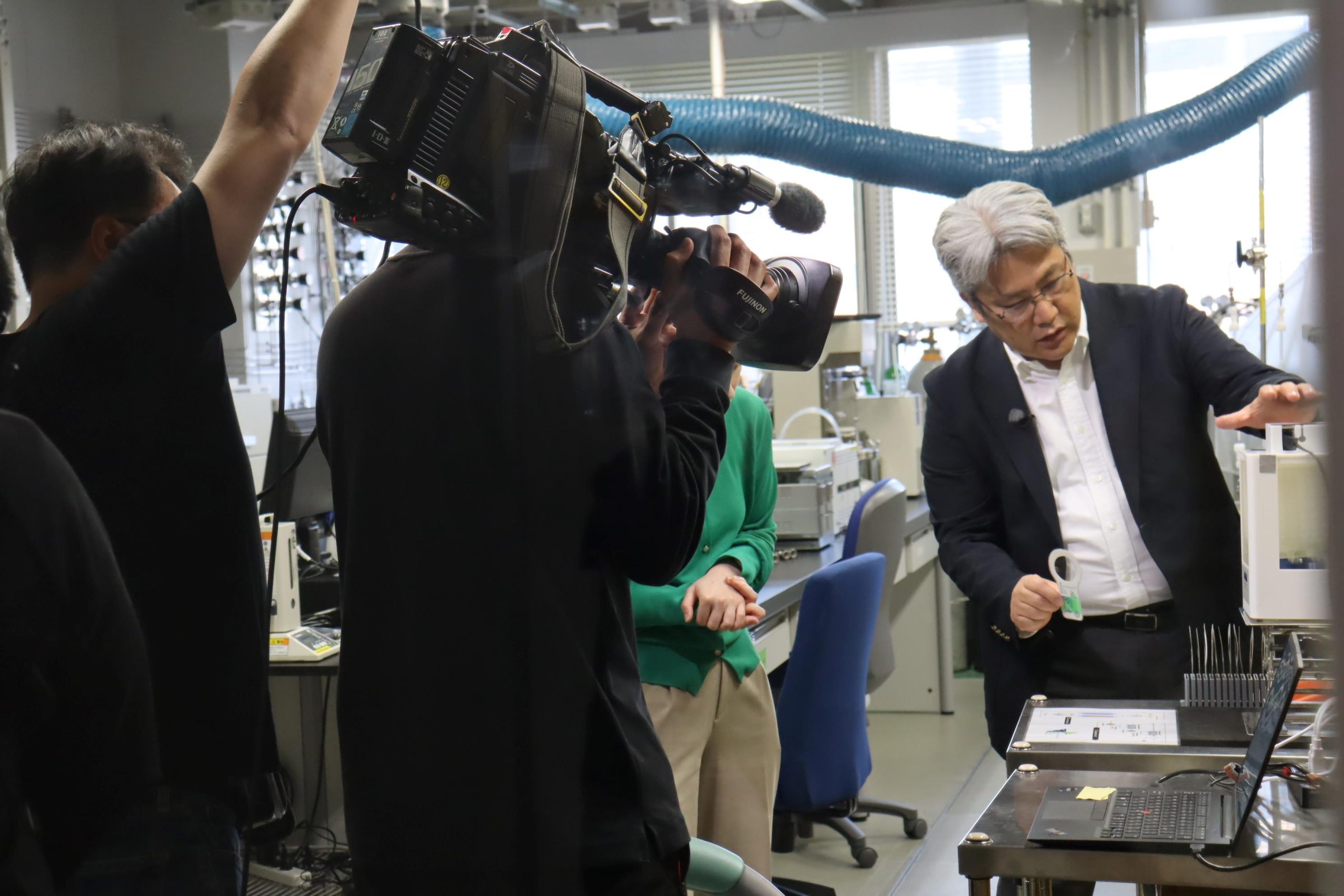
-
2025/04/11
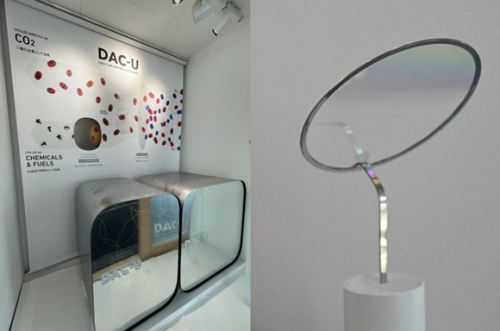
Event
Greeting
![<?php echo $greeting_img['alt']; ?>](https://mozes.jp/wp-content/uploads/2021/07/fujikawa.jpeg)
International Institute for
Carbon-Neutral Energy Research(I2CNER)
Kyushu University
Professor
Shigenori Fujikawa
In order to mitigate global warming, there is an urgent demand to reduce greenhouse gases such as CO₂. In order to achieve the 2 degrees Celsius target set in the Paris Agreement, it is not enough to reduce CO2 emissions; it is also essential to develop technology to capture the CO2 that has already been emitted into the atmosphere (negative emission technology).The Japanese government decided to promote challenging research and development (Moonshot) based on more ambitious ideas that are not extensions of conventional technologies, with the aim of creating disruptive innovation from Japan, and the Council for Science, Technology and Innovation (CSTI) established a "Moonshot R&D system" and decided on seven Moonshot targets in July 2020.
At Kyushu University, the International Institute for Carbon-Neutral Energy Research (WPI-I²CNER) has been conducting research aimed at realizing an environmentally sustainable society by reducing CO₂ emissions and creating basic science to construct an energy system using non-fossil fuels. Carbon Capture and Utilization (CCU), which is the efficient system of CO₂ capture and the conversion of captured CO₂ into useful materials, has also been studied as an important research theme.
Based on these achievements, we proposed a research project to develop technology for direct CO₂ capture from the atmosphere and its resource conversion to value-added compounds, and "Research and Development of CO₂ Circulation System for Realization of a "Beyond Zero" Society" was successfully selected as a Moonshot research and development program. In this project, a membrane based CO₂ capture unit with ultra-high CO₂ selectivity and permeability will be developed based on our originally developed innovative nanomembrane technology. At the same time, we will also develop a unit to convert the collected CO₂ into carbon fuel with high efficiency. These two units will be connected to build a "Direct Air Capture and Utilization (DAC-U) system" that integrates CO₂ capture from the atmosphere to carbon fuel conversion. This system has high scalability because the units can be connected arbitrarily, and its performance can be adjusted according to conditions from small to large scale. Through this project research, we hope to create an innovative DAC-U system originating from Japan that can realize CO₂ capture and conversion in various locations, and contribute to solving climate change problems and building a new future society.
In this research project, we aim to spread the developed DAC and CO₂ conversion technology worldwide by 2050, and we will also develop the technology necessary for this commercialization.
About MOONSHOT
The government sets ambitious goals and concepts for societal issues that are difficult to tackle but will have profound impact once resolved. To develop radical solutions for difficult societal challenge, the Government of Japan set inspiring and ambitious goals for challenging R&D. To realize “Human Well-being”, seven Moonshot goals (MS goals) were decided in the area of society, environment, and economics.
”7 MS goals to be achieved”
Goal #1: Realization of a society in which human beings can be free from limitations
of body, brain, space, and time by 2050.
Goal #2: Realization of ultra-early disease prediction and intervention by 2050.
Goal #3: Realization of AI robots that autonomously learn, adapt to their environment,
evolve in intelligence and act alongside human beings, by 2050.
Goal #4: Realization of sustainable resource circulation to recover the global environment
by 2050.
Goal #5: Creation of the industry that enables sustainable global food supply by
exploiting unused biological resources by 2050.
Goal #6: Realization of a fault-tolerant universal quantum computer that will revolutionize
economy, industry, and security by 2050.
Goal #7: Realization of sustainable care systems to overcome major diseases by 2040,
for enjoying one’s life with relief and release from health concerns until 100 years
old.
MOZES Project is aiming to achieve MS Goal #4: Realization of sustainable resource circulation to recover the global environment by 2050.






